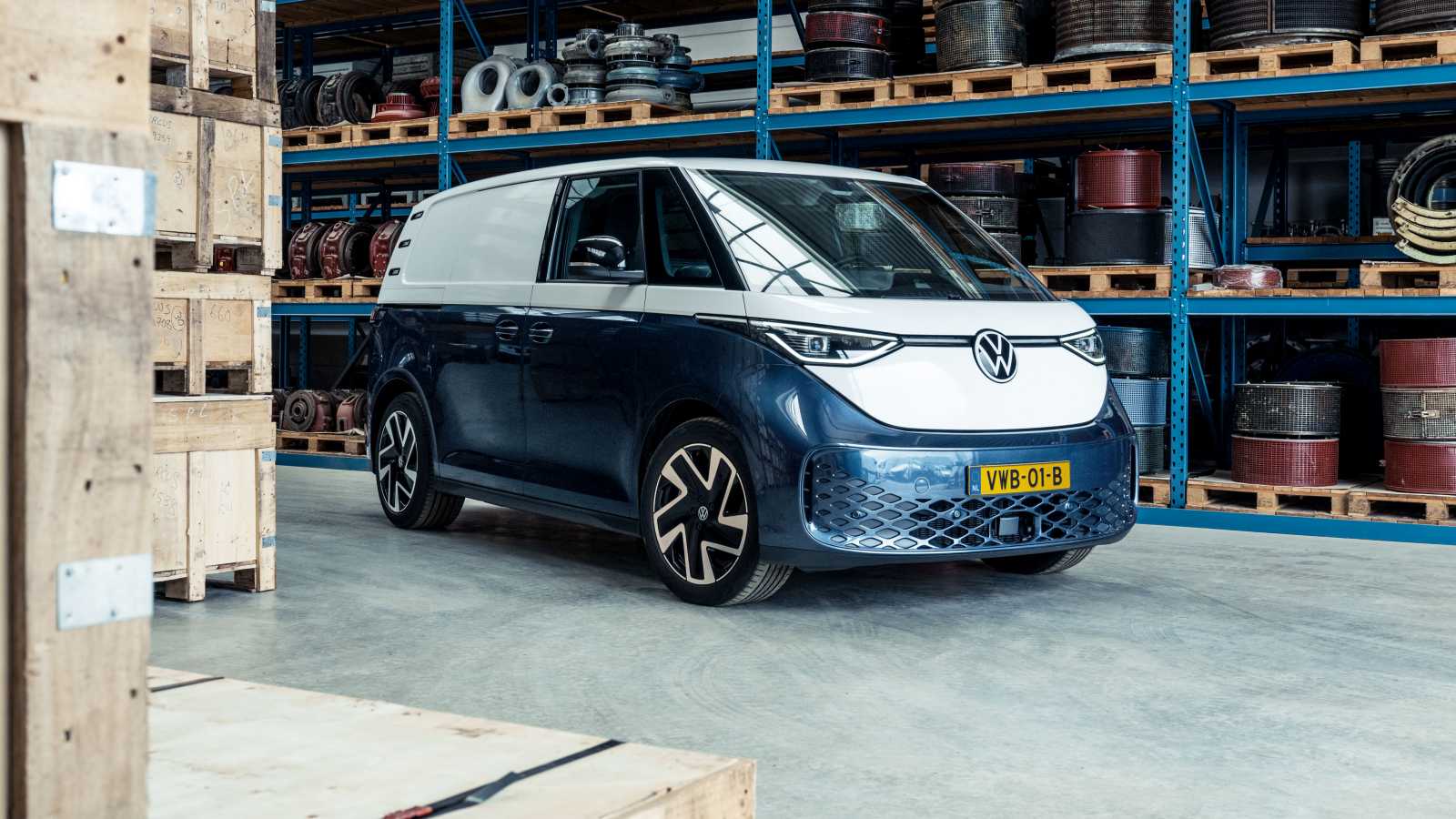Zero-emission zones in 2025: RAI Association urges firm policy amid political uncertainty
Political battle over zero-emission zones
In recent years, various parties, from interest groups to municipalities, have worked hard to prepare zero-emission zones. From 2025, only zero-emission vans and trucks will be allowed to enter the zones. Yet some political parties now say there is too much ambiguity for business owners. The parties fear that smaller businesses, which do not have the resources to switch to electric vehicles immediately, will be in trouble.
RAI Association: “A reliable government delivers on commitments”
According to Frits van Bruggen, president of RAI Association, the government must stick to the agreed policy. “It cannot be that, after ten years of preparations, the introduction is delayed at the last minute. Entrepreneurs have already made substantial investments and are making their plans based on this policy,” he stressed.
The RAI Association is especially concerned about the consequences for business owners if the rules are unexpectedly changed. “A reliable government honors its agreements,” Van Bruggen said. He calls on the cabinet to focus on solving the remaining bottlenecks, such as the expansion of fast-charging infrastructure and capacity at energy and network operators.
Industry associations call for support
In addition to the RAI Association, Bovag and environmental organization Natuur & Milieu are also calling on national politicians to support municipalities in introducing them. They stress that work on these zero-emission zones has been underway for five years, with the policy being drawn up in consultation with the logistics sector, car industry, entrepreneurs and the Ministry of Infrastructure and Water Management.
Zero-emission zones, how does it work?
Fourteen municipalities will start zero-emission zones from January 1, 2025, followed by four more municipalities later that year. According to current planning, thirty to forty municipalities in the Netherlands will have zero-emission zones by 2030. Older commercial vehicles are subject to a transitional arrangement, whereby only the most polluting diesels are barred. The cleanest diesel vehicles are allowed to continue driving in the zones for several years.

